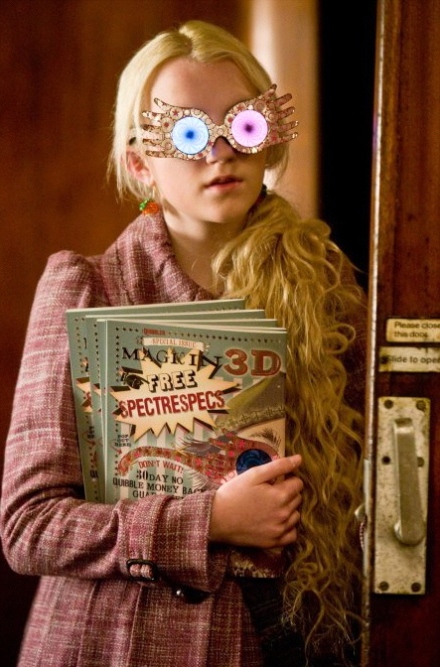
Mark Riddle
Director of Institutional Research
I’ve got a crush on Luna Lovegood. I thought Evanna Lynch did a great job of playing her in the movies, but it’s Luna I’d want to sit behind in Spells class, and Luna whom I’d ask to dance at the Tri-wizard ball, if the opportunity presented itself. Given that we travel in different circles, the only way to conjure her up was to re-read the last three books in the Harry Potter series.
We meet Luna for the first time in the fifth volume of the series, Harry Potter and the Order of the Phoenix. Most people, including Harry, Hermione, and Ron, don’t know what to make of her, as she believes in things that are clearly in the realm of fantasy. I can’t help but think that Rowling’s playing with the fourth wall a bit here; after all, as readers, we’re suspending belief to enter a world where brooms come flying when one mutters Latin-esque words in their general direction, so it’s fun to see that the books’ protagonists have trouble believing in Nargles and Crumple-Horned Snorkacks.
Luna has much to commend her in addition to her belief in unbelievable. (For me, that’s just about enough. I’ve always been fond of Dodson’s Queen in Alice in Wonderland, who could believe in “as many as six impossible things before breakfast.”) Her confidence in Harry never wavers, and she’s a devoted friend to all the important secondary characters. I think the thing that appeals most to me is her keen insight, which is often revealed with brutal honesty. Plus, she looks fabulous in spectrespecs. Yeah, I’ve got it bad.
__________
Luna: Late 14c. as an alchemical name for “Silver;” 1520s as “moon,” from L. luna “moon,” from *leuksna- (cf. O.C.S. luna “moon,” O.Pruss. lauxnos “stars,” M.Ir. luan “light, moon”), from the same source as lux, lumen “light.” The luna moth (1884) so called for the crescent-shaped markings on its wings. Dictionary.com
Luna Lovegood, explained.
J.K. Rowling says, “I am indebted to the British welfare state; the very one that Mr Cameron would like to replace with charity handouts. When my life hit rock bottom, that safety net, threadbare though it had become under John Major’s Government, was there to break the fall. I cannot help feeling, therefore, that it would have been contemptible to scarper for the West Indies at the first sniff of a seven-figure royalty cheque. This, if you like, is my notion of patriotism.”
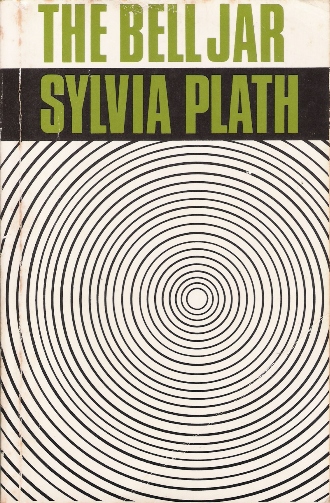

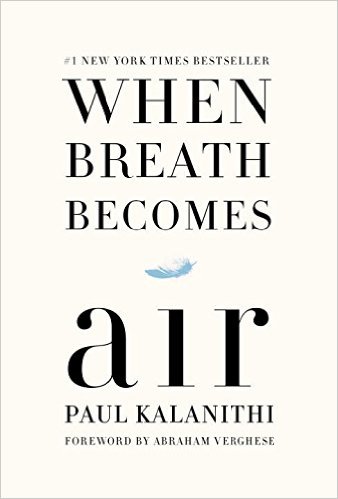

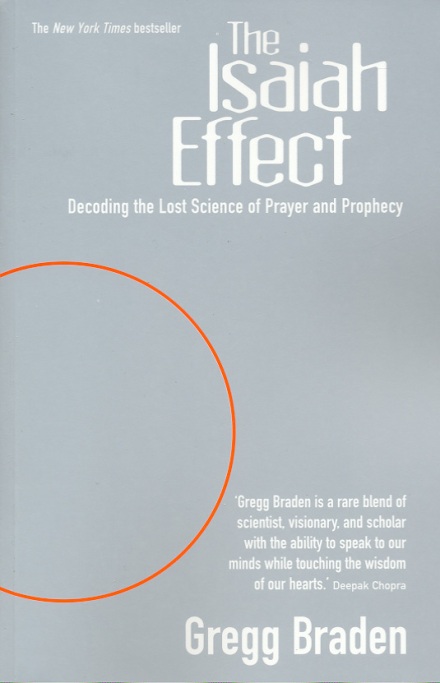
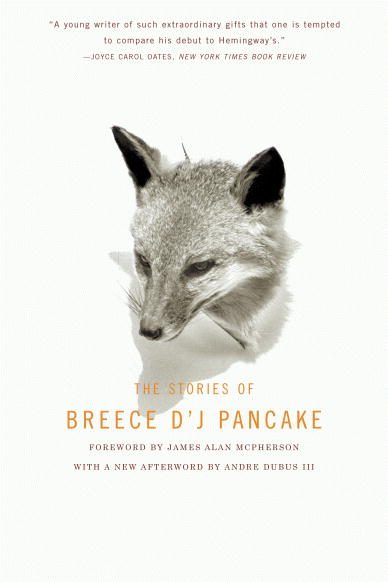
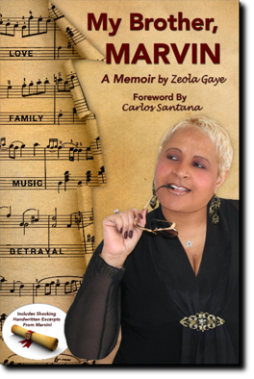
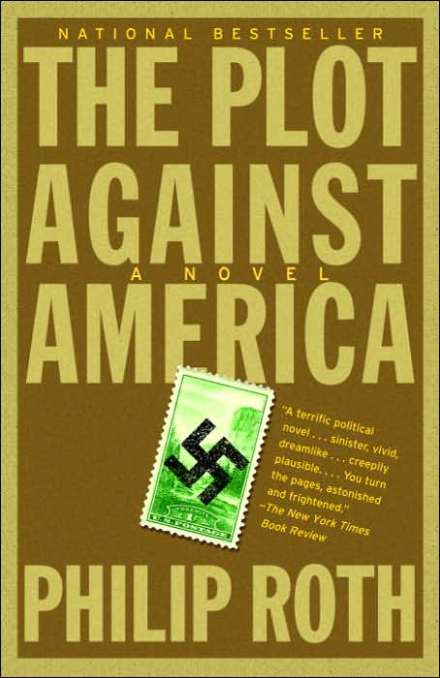

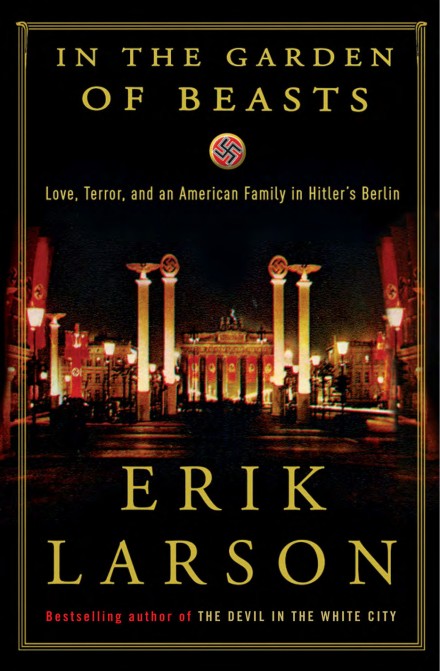
![pedagogy_of_the_oppressed[1]](https://aulalibrary365.files.wordpress.com/2012/04/pedagogy_of_the_oppressed1.jpg?w=440&h=670)
